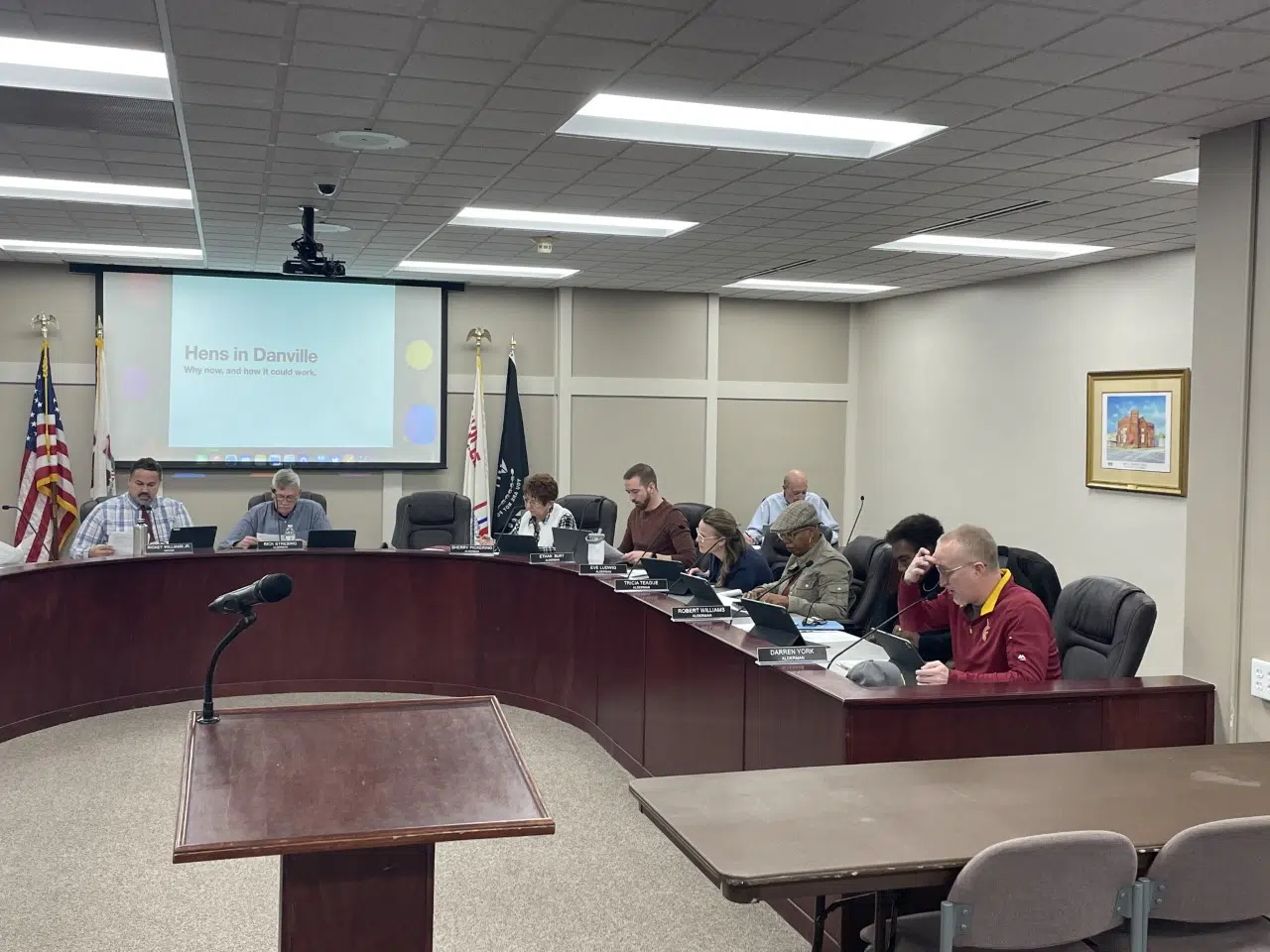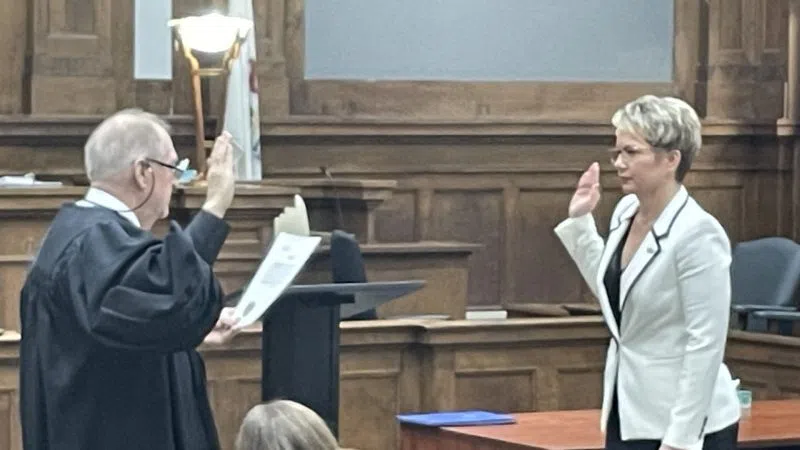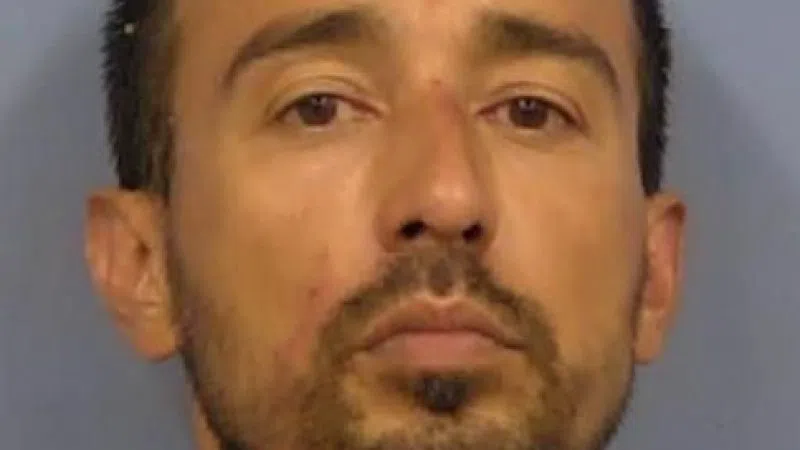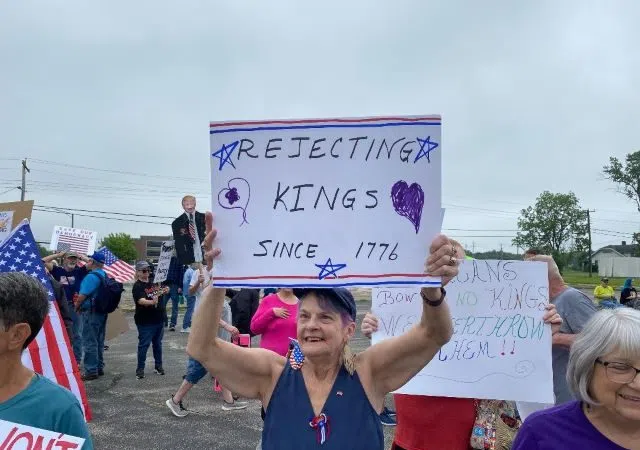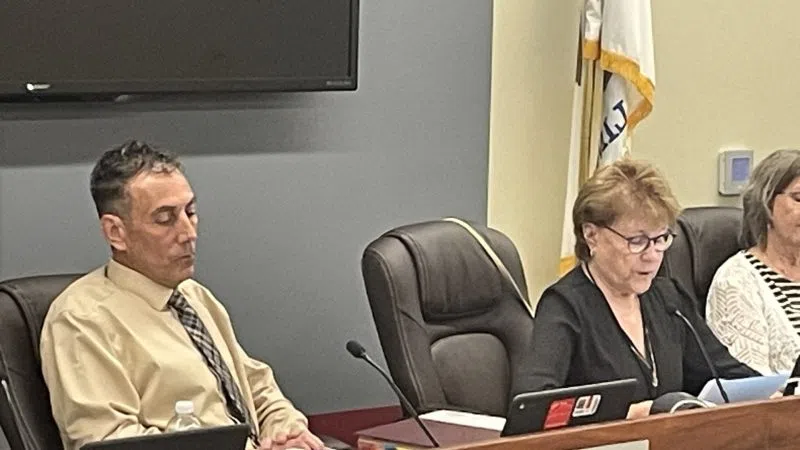It’s been talked about before, and once again the Danville City Council is hearing questions about residents being allowed to have chickens in their backyards to have their own fresh eggs.
Ethan Massey made a proposal to the Public Services Committee Tuesday (March 29th) night. There would be numerous rules to follow, including “no roosters allowed.” Massey says there are numerous good reasons to do this besides fresh, delicious eggs. It’s the idea of giving children a sense of responsibility, ownership, and more than anything something to do that can really make a difference.
Audio PlayerAUDIO: Giving the kids the opportunity to get outside, get away from the screens, and enjoy chickens and learn responsibility is something worth looking into.
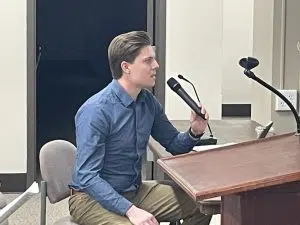

LEFT: Ethan Massey gives presentation on a possible backyard chicken policy for Danville. RIGHT: Alderman Ethan Burt (center) introduced Massey’s presentation and expressed support.
The decision was made to proceed slowly with this, and bring it before the entire Danville City Council for further discussion. Massey believes it has a chance. Someone else who wants it to have a chance is Ward 6 Alderman Ethan Burt, who introduced Massey’s presentation. Burt says a city like Champaign has made this work, so why not Danville?
Audio PlayerAUDIO: I’ve heard a lot of comments about concerns over mental health, and especially over our youth. And I think we should take every opportunity we can, every win we can get, to get them active with reality, with nature, getting outside; something to look forward.
Some of the public speakers Tuesday night already raise chickens outside of the city. They talked about positives, like family involvement; and negatives, such as major expenses that can occur. The biggest concern voiced by members of the City Council committee was enforcement, and whether Danville would have the personnel available to handle it.
In other news at the meeting, Danville has already received $60,000 in distributions from the state for their involvement in an opioid lawsuit. Various distributions, with uses restricted by the state, could be coming over the next 28 to 32 years. The committee has created a special Opioid Settlement Fund, subject to approval by the full Council.
